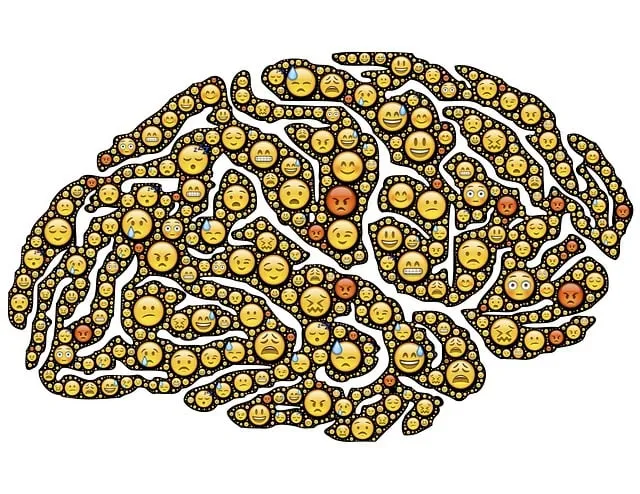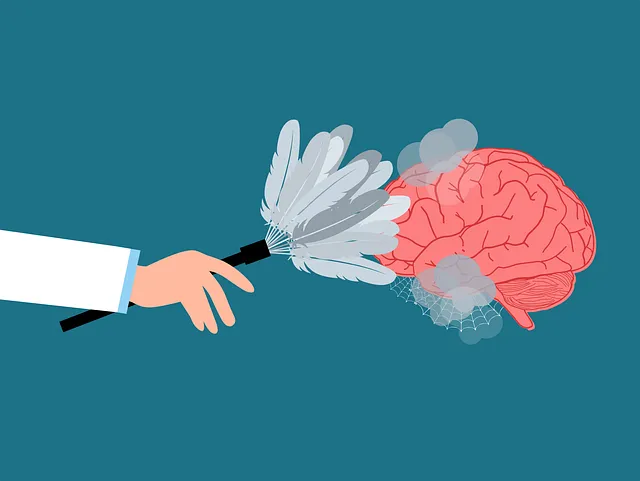Superior Kaiser Permanente mental health services leverage the Understanding Resilience, Flexibility, and Mastery (RFM) framework, an evidence-based approach that equips individuals with adaptability skills to navigate challenges. By integrating RFM into provider training and crisis interventions, Kaiser Permanente offers tailored, culturally sensitive solutions for improved mental well-being. Resilience-building exercises empower patients with effective coping strategies, reduce stigma, and support personalized treatments for better long-term outcomes.
Resilience is a key component in navigating life’s challenges, and RFM (Resilience, Flexibility, and Mastery) exercises have emerged as powerful tools for enhancing mental well-being. This article explores how RFM plays a pivotal role in supporting individuals’ mental health, particularly within the context of Superior Kaiser Permanente mental health services. We delve into the positive impact of resilience-building exercises on patients, discuss strategies for integration, and highlight how structured programs can significantly improve patient outcomes.
- Understanding RFM and its Role in Mental Health Support
- The Impact of Resilience-Building Exercises on Kaiser Permanente Patients
- Integrating RFM into Superior Mental Health Care
- Enhancing Patient Outcomes through Structured Resilience Programs
Understanding RFM and its Role in Mental Health Support

Understanding RFM—or Resilience, Flexibility, and Mastery—is key to harnessing its power in mental health support. This framework is a cornerstone in the Superior Kaiser Permanente mental health services approach, focusing on empowering individuals to navigate life’s challenges with enhanced resilience. By fostering flexibility, individuals learn to adapt to changing circumstances, and mastery skills help them overcome obstacles.
The integration of RFM into mental health care is not just a trend; it’s a evidence-based strategy that complements traditional therapy methods. This holistic approach ensures comprehensive support, particularly in diverse communities. Kaiser Permanente, recognizing the importance of cultural competency, incorporates these principles into their Healthcare Provider Cultural Competency Training, ensuring that interventions are sensitive to various backgrounds and experiences. The Crisis Intervention Guidance and Mental Health Education Programs Design also benefit from RFM, enabling care providers to offer tailored, effective solutions for optimal mental well-being.
The Impact of Resilience-Building Exercises on Kaiser Permanente Patients

Resilience-building exercises have emerged as a powerful tool within Kaiser Permanente’s mental health services, offering patients effective coping strategies to navigate life’s challenges. These exercises are designed to enhance individuals’ ability to bounce back from adversity and promote overall well-being. By participating in such activities, Kaiser Permanente members experience improved mental flexibility and a strengthened sense of self, which can be particularly beneficial for managing stress and preventing relapse.
The integration of resilience training as part of the comprehensive mental health care provided by Kaiser Permanente contributes to the reduction of mental illness stigma within the community. Through these exercises, patients develop positive thinking patterns and build inner resources to handle difficult situations, fostering a sense of empowerment. Moreover, such initiatives support risk management planning for mental health professionals by equipping them with valuable insights into their patients’ coping mechanisms, enabling more personalized treatment approaches and better long-term outcomes.
Integrating RFM into Superior Mental Health Care

At Kaiser Permanente, we recognize that integrating Resilient Focused Mindfulness (RFM) into our superior mental health services is a game-changer for fostering mental wellness and promoting mood management. Our approach to anxiety relief goes beyond traditional therapy by incorporating RFM exercises tailored to each individual’s needs. This innovative strategy empowers folks to navigate life’s challenges with enhanced resilience, enabling them to embrace a holistic path towards optimal mental health.
By weaving RFM into our comprehensive care model, we provide patients with practical tools to manage stress, regulate emotions, and cultivate a sense of inner calm. These exercises, designed to be accessible and adaptable, help individuals build emotional endurance, ensuring they can bounce back from setbacks with greater ease. In the world of mental wellness, this approach underscores our commitment to not just treat symptoms but to empower our members with long-lasting strategies for anxiety relief and improved overall well-being.
Enhancing Patient Outcomes through Structured Resilience Programs

Resilience is a powerful tool for enhancing patient outcomes, and structured resilience programs are becoming increasingly important in healthcare, especially within organizations like Kaiser Permanente known for their superior mental health services. These programs focus on developing inner strength by equipping individuals with effective stress management techniques. Through workshops and training sessions, patients and healthcare providers alike can learn to navigate life’s challenges more resiliently.
The benefits extend beyond improved mental well-being; resilience strengthens individuals’ ability to cope with acute stressors and build back better after traumatic events. This is particularly relevant in diverse healthcare settings where cultural competency among healthcare providers is crucial. By integrating resilience training into their practices, Kaiser Permanente and similar organizations can foster a more supportive environment, benefiting both patients and the professionals dedicated to caring for them.
Resilience, a key component of overall well-being, can be nurtured and strengthened through RFM (Resilience-Focused Management) and tailored resilience-building exercises. As evidenced by the impact on Kaiser Permanente patients, structured programs enhance patient outcomes and contribute to superior mental health services. By integrating these practices into care plans, healthcare providers can empower individuals to build resilience, navigate life’s challenges more effectively, and ultimately foster a more robust and adaptive mindset. This approach not only benefits individual patients but also has the potential to revolutionize mental health support within organizations like Kaiser Permanente, shaping a brighter and more resilient future for all.






